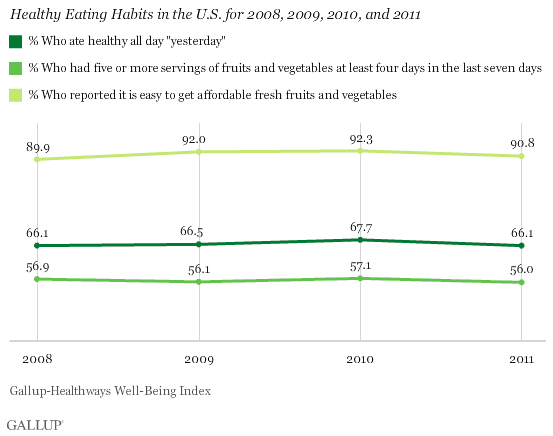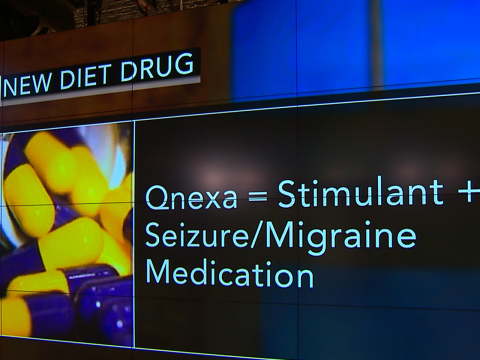Study: Soda Consumption Increases Overall Stroke Risk
Posted on
Researchers from Cleveland Clinic’s Wellness Institute and Harvard University have found that greater consumption of sugar-sweetened and low-calorie sodas is associated with a higher risk of stroke. Conversely, consumption of caffeinated or decaffeinated coffee was associated with a lower risk.
The study — recently published in the American Journal of Clinical Nutrition — is the first to examine soda’s affect on stroke risk. Previous research has linked sugar-sweetened beverage consumption with weight gain, diabetes, high blood pressure, high cholesterol, gout and coronary artery disease.
“Soda remains the largest source of added sugar in the diet,” said Adam Bernstein, MD, ScD, study author and Research Director at Cleveland Clinic’s Wellness Institute. “What we’re beginning to understand is that regular intake of these beverages sets off a chain reaction in the body that can potentially lead to many diseases — including stroke.”
In sugar-sweetened sodas, the sugar load may lead to rapid increases in blood glucose and insulin which, over time, may lead to glucose intolerance, insulin resistance, and inflammation. These physiologic changes influence atherosclerosis, plaque stability and thrombosis — all of which are risk factors of ischemic stroke. This risk for stroke appears higher in women than in men.
In comparison, coffee contains chlorogenic acids, lignans and magnesium, all of which act as antioxidants and may reduce stroke risk. When compared with one serving of sugar-sweetened soda, one serving of decaffeinated coffee was associated with a 10 percent lower risk of stroke.
Well, I always drink sugar-free sodas. But, I suppose I should limit the intake and if I need an additional caffeine bump during the day, I will drink coffee.




